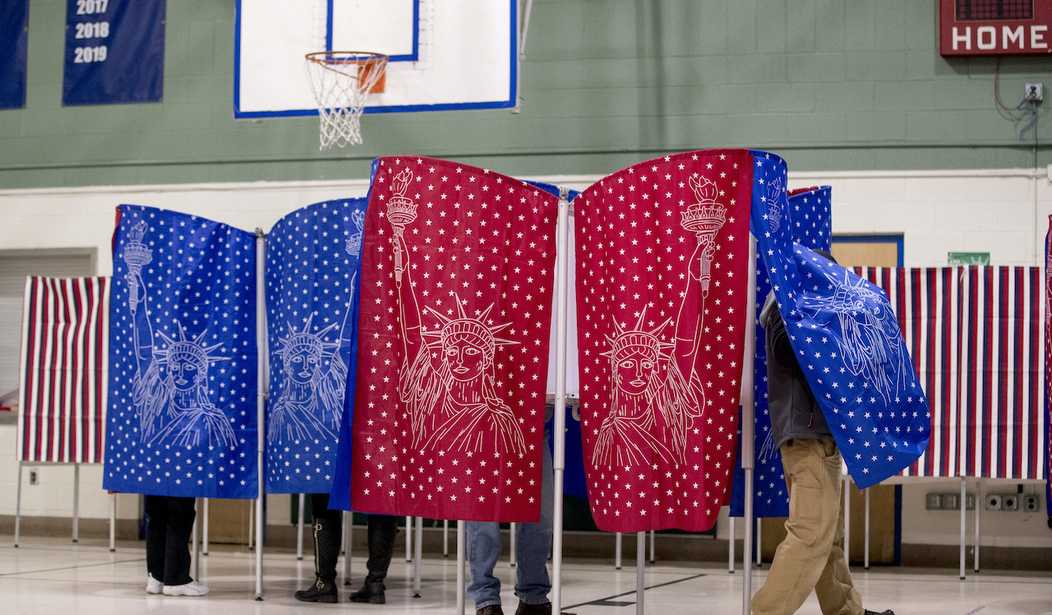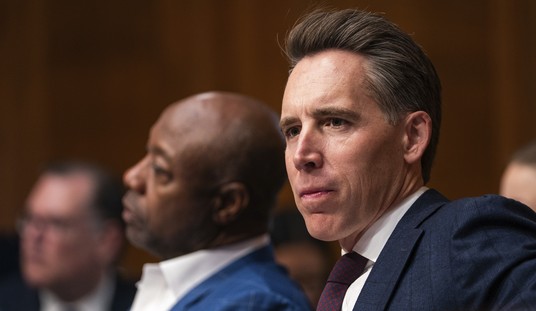According to a report from The Hill, at least 30,000 registered Republicans have changed their voter registration since the beginning of the year. Most outlets are optimistically positioning these changes as a rejection of the party following the Capitol riots and as an actual sea change. This point of view is simplistic given the number of things that have happened since the election. Additionally, only a small fraction of those leaving the GOP is signing up to join the Democrats. And given there were 213,799,485 registered voters in 2020, these shifts do not even equate to a drop in the bucket.
According to Gallup’s monthly poll of political affiliation, those who identify as independents make up 45% of Americans. This finding is one of the highest results since the measurement started in 2004. It has only reached this level in 3% of surveys and has only been higher 3% of the time. This survey and many of the registration changes also took place before the inauguration and the slew of unpopular executive actions President Biden has taken since then.
For example, in Pennsylvania, through January 25, nearly 10,000 voters dropped out of the Republican Party. Of those, 3,476 registered as Democrats, leaving about 6,500 unaffiliated. These moves also came before Biden’s ban on new oil and gas leases on federal lands and just a few days after he rejoined the Paris accords. Pennsylvania has a large energy sector, which will impact voters’ views as the real-world impacts of Biden’s policies sink in.
The 6,500 who remain unaffiliated may mirror the 4,200 voters who left the Republican Party in Colorado who are now unaffiliated. While 4,600 left altogether between January 6-12, only 200 registered as Democrats and another 200 registered with conservative parties.
The 4,200 now-unaffiliated voters that Colorado Public Radio contacted gave more nuanced reasons for leaving. One young woman said that being a registered Republican could lead to her getting targeted for abuse. Others were upset with how quickly the GOP abandoned President Trump after Election Day. Some described themselves as backing away from politics altogether. Still others said they wanted to act locally to moderate the Democrat Party in Colorado, which has become quite blue. As one of these voters noted:
“Aw, hell,” Martin Lee Hussman said. “It’s easy to switch back to something else if I don’t like the way this one’s going.”
In North Carolina, Republicans lost 5,855 voters between January 7-22, who appear to have changed to unaffiliated. Western Carolina University political science professor Chris Cooper told The News & Observer that this is typical. He added that the numbers are low enough that they are not likely to change election outcomes.
The North Carolina Republican Party communications director, Tim Wiggington, probably had the most reasonable perspective. First, he noted that small swings in the more than 7 million registered voters are not overly concerning. From The News & Observer:
“We are confident that as voters observe the Republican America First Agenda compared to the Biden Administration’s America Last agenda more North Carolinians will vote Republican during the 2022 midterm election and the 2024 Presidential election continuing to keep North Carolina red,” Wigginton said.
The Republican Party has always stood for personal liberty, family values and economic prosperity. As Democrats wage war on these core American values with the Biden-Schumer-Pelosi Agenda no one should be surprised when voters pick Republican candidates this November.”
Leave it to the communications guy to hit the nail on the head. The battle for hearts and minds in 2022 is just beginning, and Democrats’ strategy is exactly what they promised before the election. The new administration is taking a hard left, and Democrat leaders in Congress are looking for every procedural trick to move that agenda forward.
The latest is pushing President Biden’s $1.9 trillion COVID-19 relief package through reconciliation, which is not subject to a 60-vote majority in the Senate. You have to wonder how North Carolina, Colorado, and Pennsylvania residents will feel when they understand that the package gives billions in bailouts to California, New York, and Illinois for deficits that have nothing to do with COVID-19.
Democrats seem determined to push a radical agenda in much the same way they did in the first two years of Barack Obama’s presidency. They had a supermajority in the Senate and a 76-seat majority in the House. It is easy to see how they may have seen that as a mandate. Yet Republicans took a chunk out of the former and a majority in the latter in the next cycle. Democrat majorities are much thinner now, and therefore much easier to take away.









Join the conversation as a VIP Member